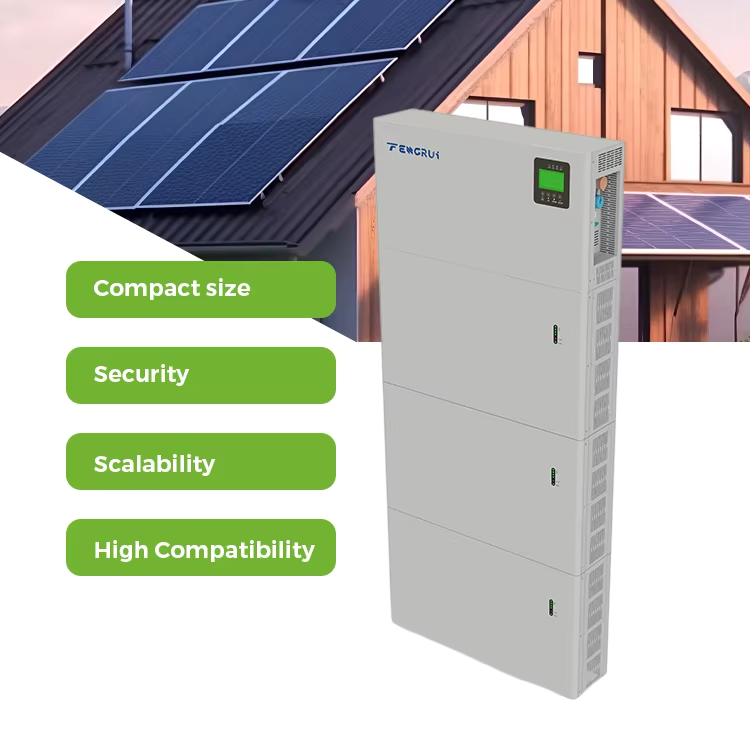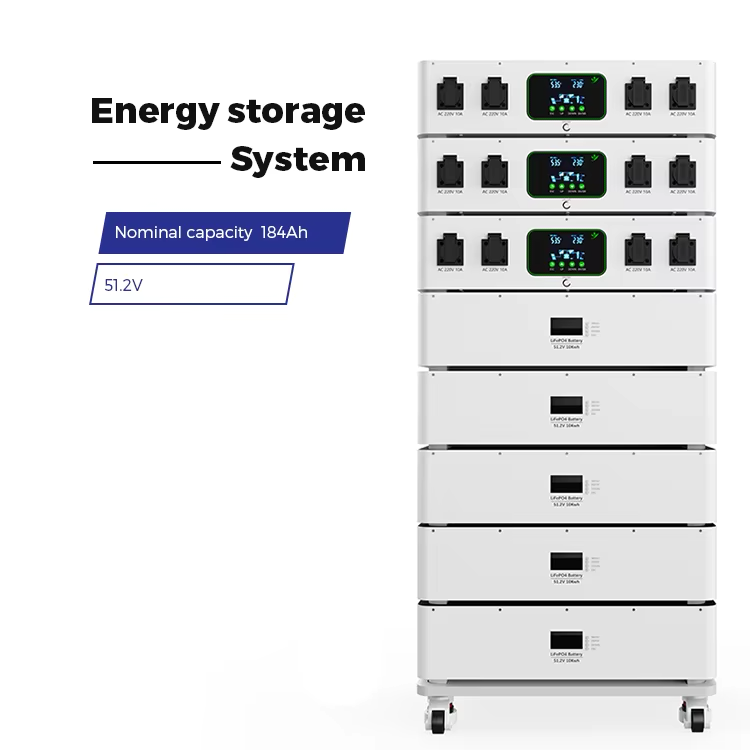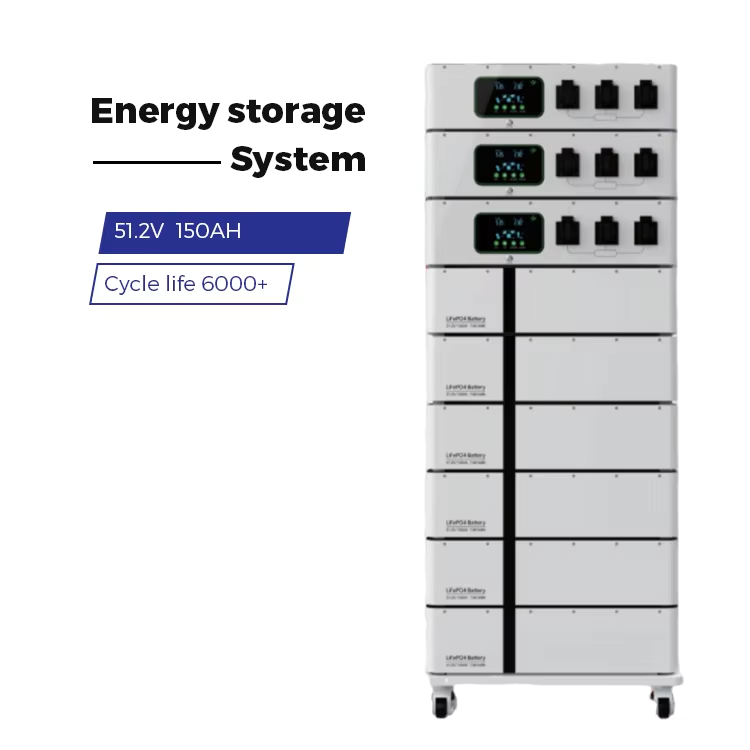solar panel
Solar panels are advanced photovoltaic systems that convert sunlight directly into electricity through semiconducting materials, primarily silicon. These innovative devices consist of multiple individual cells connected in series and parallel configurations to achieve desired voltage and current outputs. Each panel typically contains 60 to 72 solar cells, protected by a durable glass covering and supported by an aluminum frame. The photovoltaic cells utilize the photoelectric effect, where photons from sunlight excite electrons in the silicon material, generating an electric current. Modern solar panels incorporate anti-reflective coatings to maximize light absorption and feature sophisticated micro-inverter or power optimizer technologies to enhance energy production efficiency. These panels can be installed on rooftops, ground-mounted arrays, or integrated into building materials, making them versatile for various applications. They function effectively in diverse climate conditions, though optimal performance occurs during direct sunlight exposure. The technology continues to evolve, with recent advances including bifacial panels that can capture reflected light on both sides and smart monitoring systems that provide real-time performance data.


